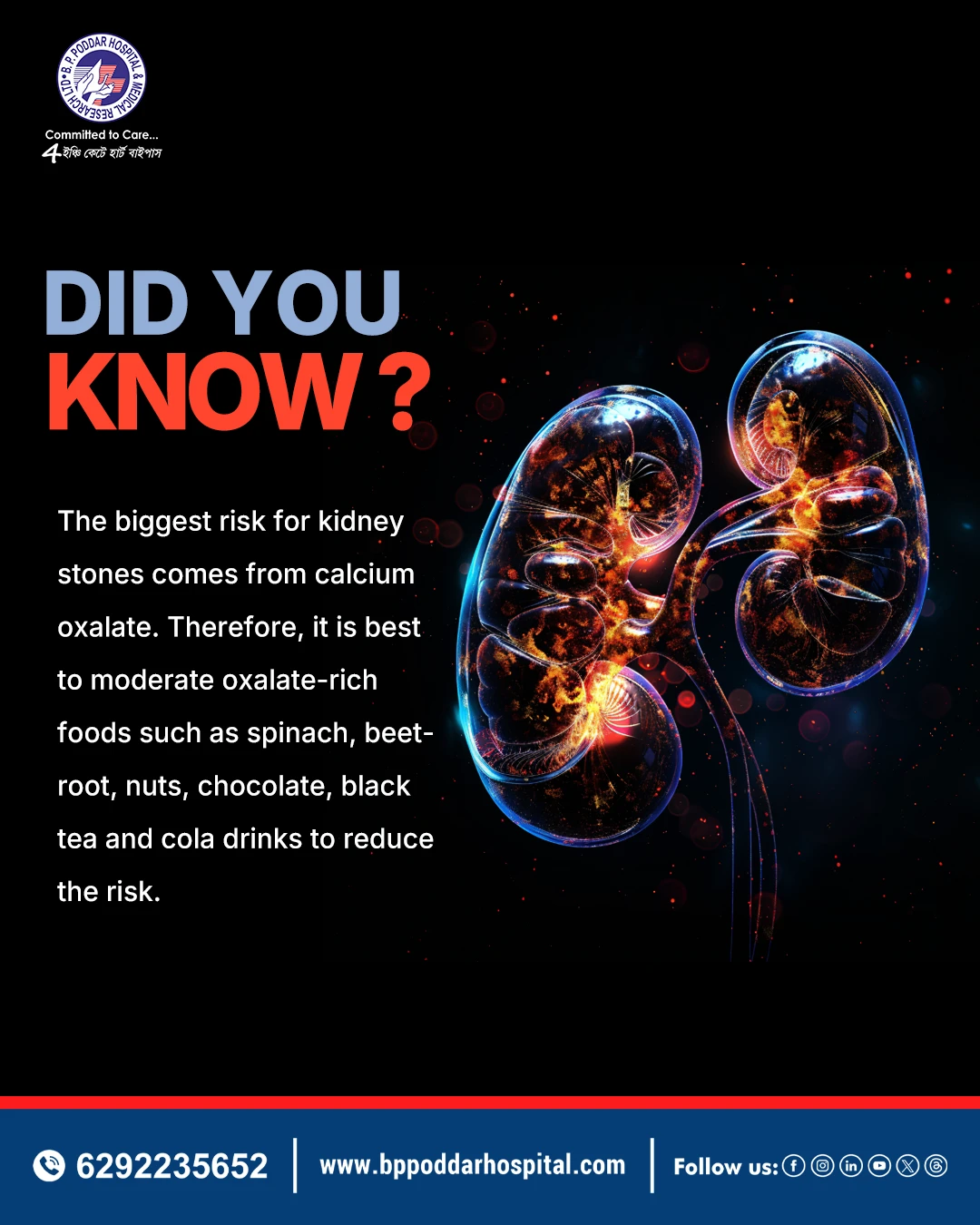
An Explanation of Kidney Stones: How Calcium Oxalate Works and How to Prevent Them
28 August, 2025
Kidney stones are a common health condition in humans around the globe. Of all kinds of kidney stones, calcium oxalate stones are its most prevalent form responsible for about 70% of all kidney stones. But what are its actual causes? How is it preventable? Let's take a closer look.
What are kidney stones?
Kidney stones are solid deposits composed of salts and minerals which develop within the kidneys. Kidney stones vary in size; some are as tiny as a piece of sand while some are as large as a pebble or even larger. When passing through the urinary tract system, kidney stones result in sharp pains accompanied by blood in urine as well as pains.
The Rate of Calcium Oxalate Stones
Calcium is an essential mineral essential for bone integrity and general health; it can, though , crystallize when it comes into contact with oxalate, a naturally occurring compound found in some foods, thus forming kidney stones. It tends to form more easily in the following situations:
.
-
A decrease in fluids leads to concentration of urine.
- You regularly consume a diet rich in oxalate-bearing foods
- You are at genetic risk for kidney stones
- You are found to have some medical conditions like hyperparathyroidism, obesity, or inflammatory bowel disease.
Foods Rich in Oxalates That May Elevate Risk
Individuals at risk for developing kidney stones are not so much requesting complete elimination of oxalate bearing foods; there is a need for some level of moderation. Certain foods which are worthy of consideration are:
-
Spinach
- Beet
- Nuts (almonds, cashews, peanuts, etc.)
- Chocolate and cocoa foods
- Black tea
- Soft drinks and colas
Strategies for Optimization of Prevention for Kidney Stones
These are certain simple yet effective lifestyle changes for you to protect your kidneys:
1. Remain Well-Hydrated
Hydration is most crucial. Ensure you consume at least 2–3 liters daily in an attempt to pull excess minerals out.
2. Moderate Oxalate-Rich Foods
rather than completely cutting out oxalate foods, accompany them with calcium-rich food (such as milk or yogurt). Calcium combines with oxalate in the stomach and stops it bonding in stones in the kidney.
3. Limit Processed and Salt Intake
Increased salt intake elevates urine calcium, which may exacerbate stone formation.
4. Select Nutrient-Density Drinks
Reduce consumption of colas, energy drinks, and over-drinking black tea. Drink water, lemon water, or herbal tea.
5. Live a Healthy Life STYLE
Maintain a proper weight for your body, stay physically active, and adopt a balanced lifestyle for minimizing recurrent occurrence of stones.
When To Call Your Physician
-
Call for medical attention if you feel:
- Sudden sharp or severe Pain in Back or Flank.
- Blood in your urine
- Recurring vomiting or nausea.
- Difficulty passing urine
Ignoring such symptoms can lead to kidney infections or extended impairment.
Closing Comments
Kidney stones, especially those made up of calcium oxalate, can be significantly prevented by proper lifestyle decisions. By drinking plenty of fluids, balancing food consumption containing oxalate, and eating a balanced meal, people can lower their risk considerably.
Here at B. P. Poddar Hospital & Medical Research Limited, our professionals are dedicated to delivering exceptional care and counselling in maintaining health for your kidneys. From laser kidney stone removal (RIRS) to painless PCNL; whether you are dealing with issues in kidney stones or if you are in need of information about prevention, please do not hesitate to contact us.
Call us on 6292235652 or
visit doctor booking.
